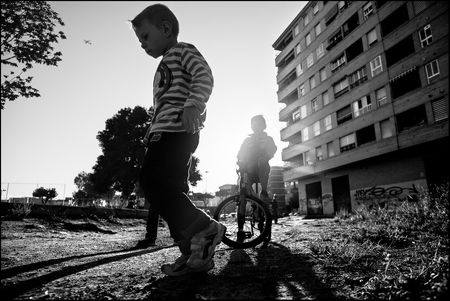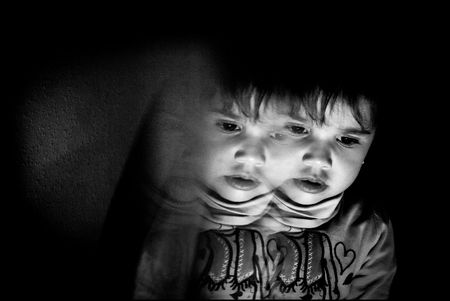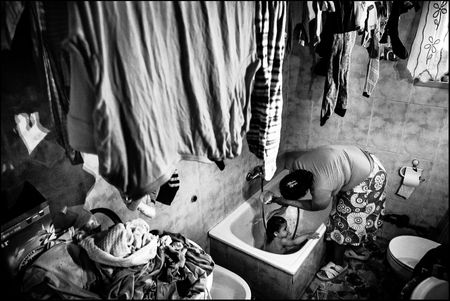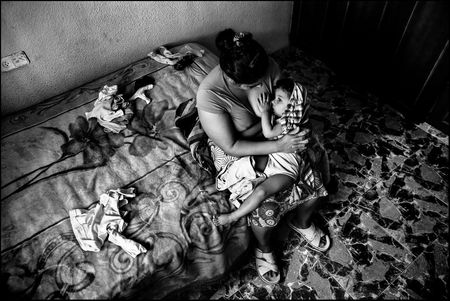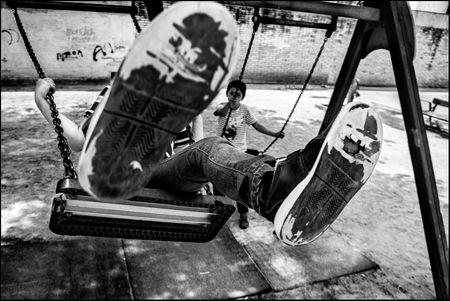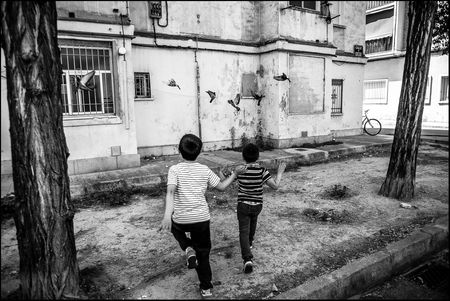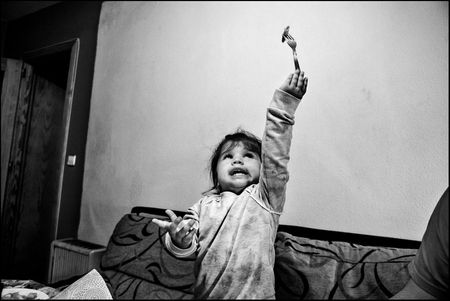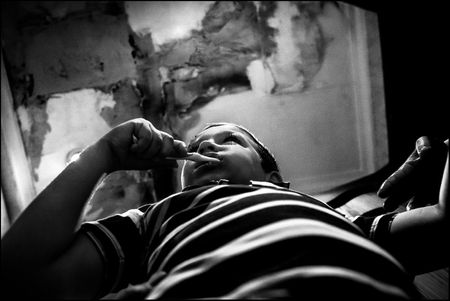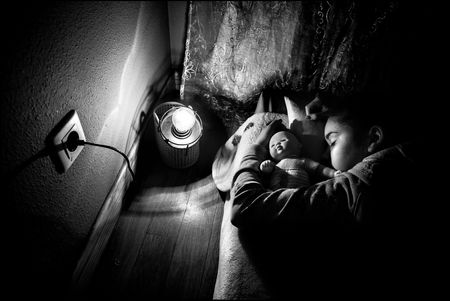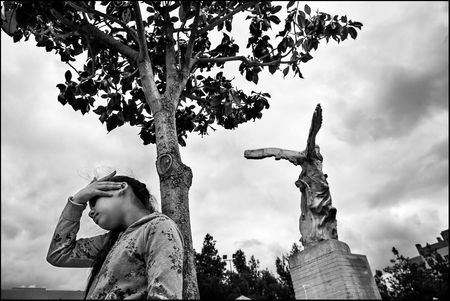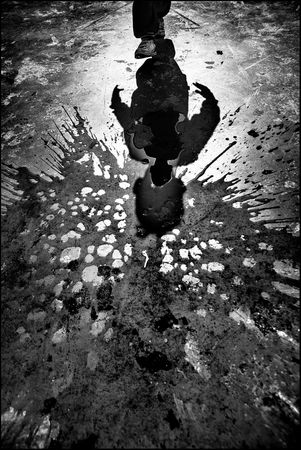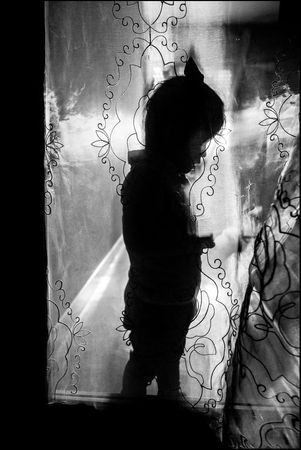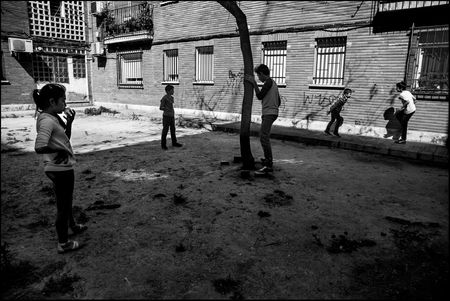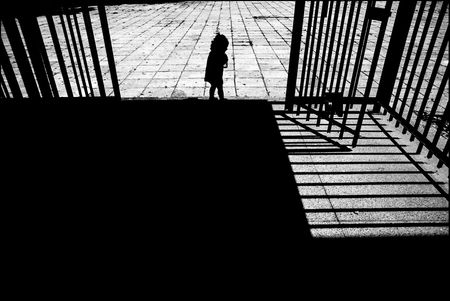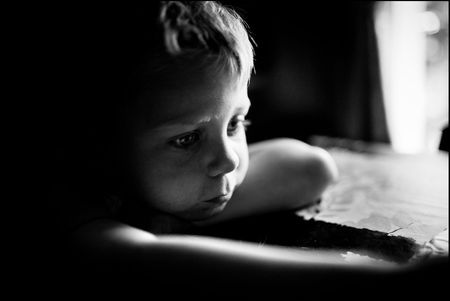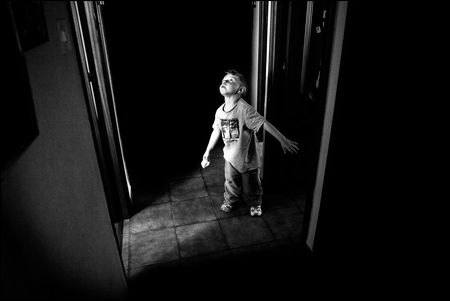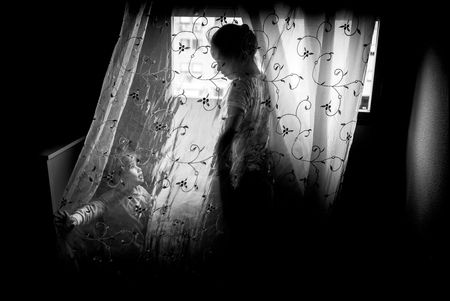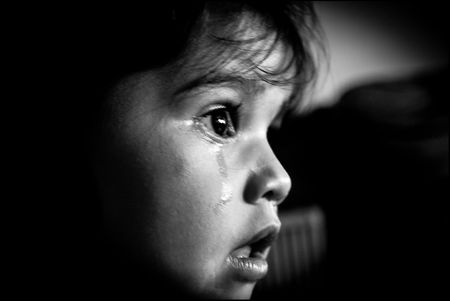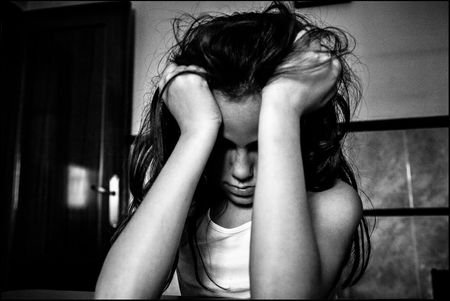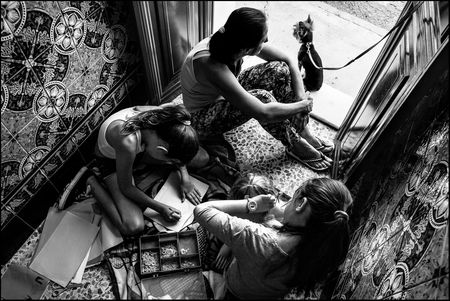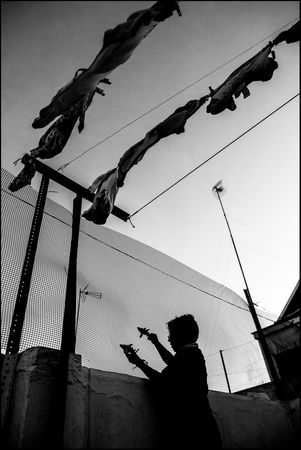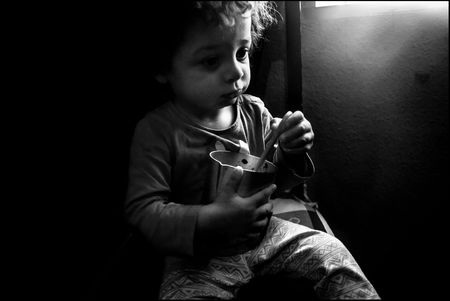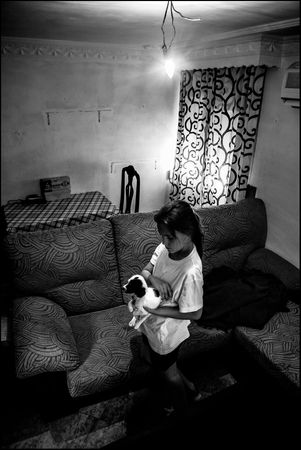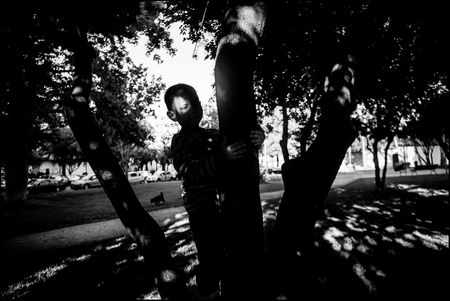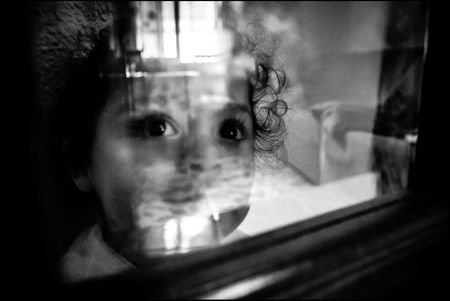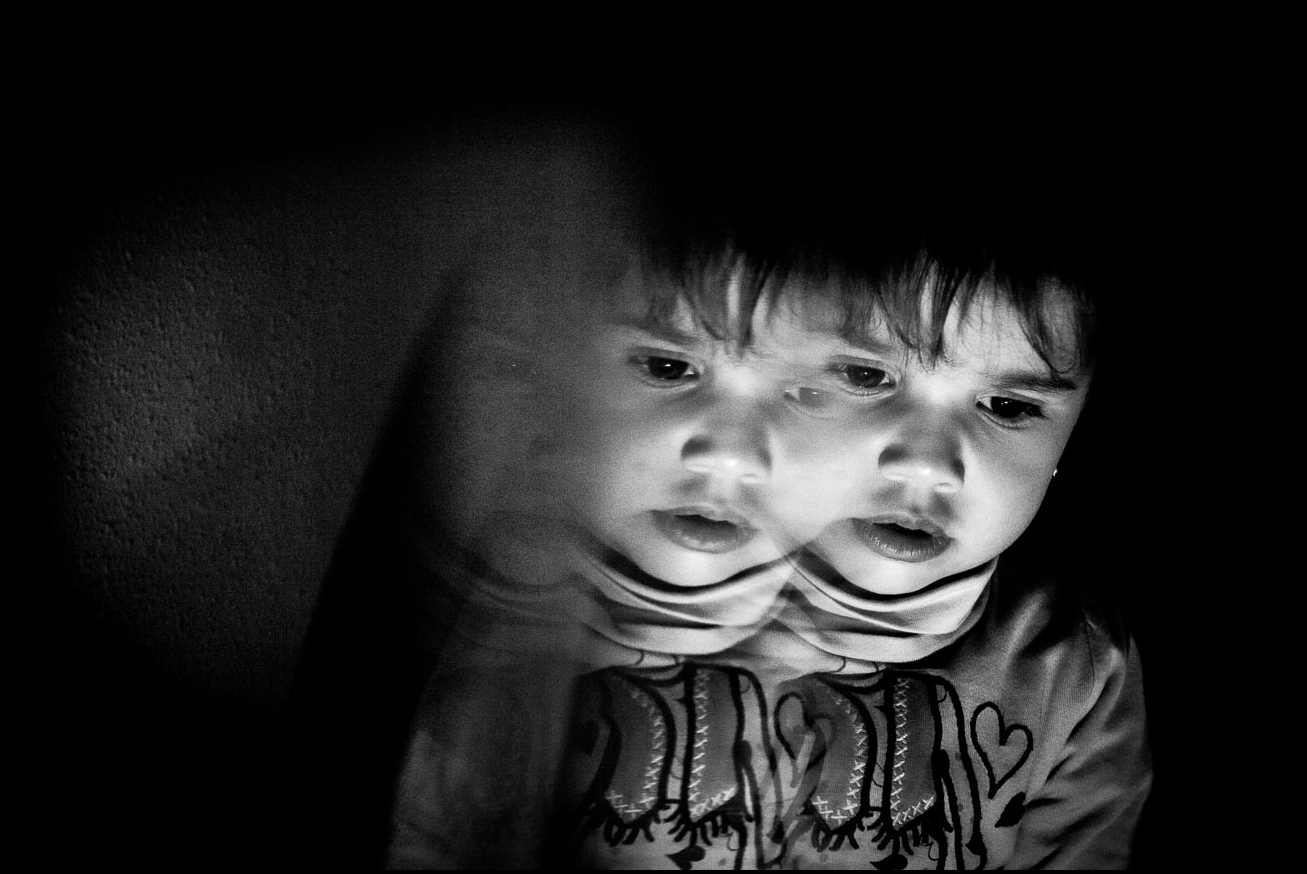ONE IN THREE
Poverty often inhabits society silently, is a reality that is hidden, denied and even questioned in the face of the difficulty of measuring its impact or placing it in space. Talking about poverty, often, seems taboo. Society does not see or want to see. Although we do not want to see it, poverty is there.
All the indicators show that one in three children in Spain is at risk of poverty.
We are imbued in the retina with images of Africa's famines or poverty in the third world countries of Latin America or Asia. However, the reality is that poverty in developed economies is somewhat more difficult to measure and to see.
Poverty is not just going hungry in the strict sense. Being poor is something that goes beyond income, has many faces, many nuances: it is to go hungry, but also to eat little and badly. It is not having a roof in which to protect you or that can be removed without notice. Being poor is being sick and not being able to pay for medical treatment. It's buying glasses for your child and not making ends meet. Being poor is not having textbooks. It is not having a job, or having two poorly paid. Poverty is having to fight every day to live with dignity, it is impotence, not having a voice, or that it is worth less. Poverty is when others decide for you, is not able to choose, live in permanent insecurity. Poverty often inhabits society silently, is a reality that is hidden, denied and even questioned in the face of the difficulty of measuring its impact or placing it in space. Talking about poverty, often, seems taboo. Society does not see or want to see.
Therefore, to portray poverty in Spain is not enough to look only if the income that a family or a person has is below the threshold of poverty, but it is necessary to look at a set of aspects of life that together with income show if a family is at risk of poverty or social exclusion. From this arises the idea of the fourth world, that is to say, a population that lives in a condition of vulnerability, marginalization or social risk in areas belonging to the first world, coexisting both together without one necessarily perceiving the other, and increasing inequalities.
In Spain, the number of vulnerable families continues to grow and it is childhood that suffers most from these circumstances. Due mainly to the economic crisis of recent years poverty or risk of poverty, as it is commonly called, has grown. Currently, according to data from the National Institute of Statistics (INE), the risk of poverty or social exclusion in Spain amounts to 28.6% (in 2008 it was 23.8%). Being much larger for the population under 16 years where the risk of poverty or social exclusion reaches 33.4% of the population. 16% of children live in households with incomes of less than 9,000 euros per year for the whole family (consisting of 2 adults and 2 children). In just one year, from 2014 to 2015, the number of children in this situation of severe poverty increased by 80,000, reaching 1,388,474 children.
Although we do not want to see it, poverty is there. All the indicators show that one out of every three children in Spain - and also in Europe - is at risk of poverty. Some very strong figures, but unfortunately unable to face this situation. Households with difficulties to cope with unforeseen expenses, with delays in the payment of housing bills, which can not keep the homes at an adequate temperature during the cold months or that can not guarantee adequate food for their children.
In this context, the feeling that we are emerging from the crisis is transformed into a mirage. Despite the improvement of certain macroeconomic indicators, Spanish households continue to lose purchasing power and the poor are getting poorer.
*This photographic series has been made for Save The Children.

